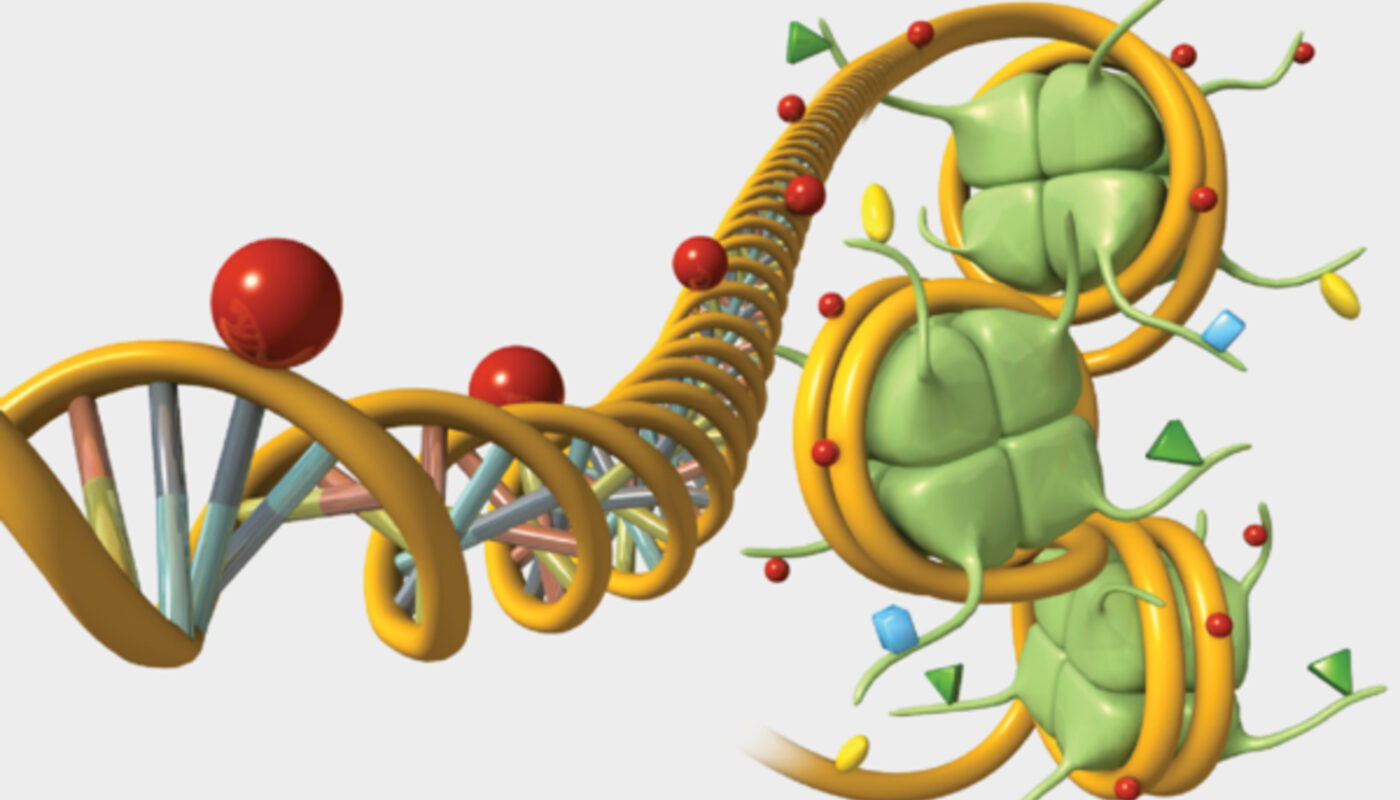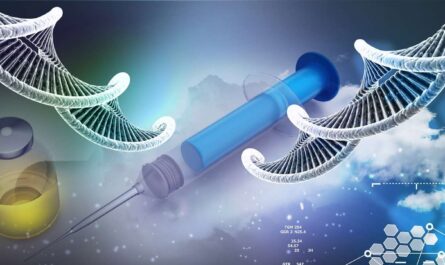New research conducted by Lund University provides further evidence supporting the idea that epigenetic changes can be a cause of type 2 diabetes. The study, published in Nature Communications, aims to develop methods for disease prevention based on these findings.
Epigenetic changes refer to alterations in gene function that occur due to environmental and lifestyle factors, rather than changes in the actual genes inherited from parents. Although it has long been debated whether these changes cause type 2 diabetes or occur after the disease has already developed, the new study suggests that epigenetic changes may contribute to the development of the disease.
Researchers examined insulin-producing cells from donors and discovered 5,584 sites in the genome where changes differed between individuals with type 2 diabetes and those without the disease. Interestingly, these same epigenetic changes were also found in individuals with high blood sugar levels, which increases the risk of developing type 2 diabetes.
The study also identified 203 genes with different expression in individuals with type 2 diabetes compared to a control group. One of these genes, RHOT1, showed epigenetic changes in people with type 2 diabetes and played a crucial role in insulin secretion in the pancreas. When the gene expression of RHOT1 was suppressed in cells from donors without type 2 diabetes, insulin secretion decreased. Similarly, rats with diabetes showed a lack of RHOT1 in their insulin-producing cells, further confirming its importance for insulin secretion.
Additionally, the researchers sought to develop a blood-based biomarker that could predict the risk of developing type 2 diabetes. They found epigenetic changes in the blood of a group of 540 individuals without the disease, which was linked to the future development of type 2 diabetes in half of the participants.
The study’s findings suggest that epigenetic changes can play a significant role in the development of type 2 diabetes. Factors such as an unhealthy diet, sedentary lifestyle, and aging increase the risk of this disease and also impact our epigenetics. By identifying new mechanisms associated with type 2 diabetes, researchers hope to develop methods for preventing the disease.
One of the goals is to create an epigenetic biomarker that can identify individuals with epigenetic changes before they become ill. This will allow personalized lifestyle advice to be given to reduce the risk of disease. Another potential approach is the development of methods that use epigenetic editing to correct the activity of certain genes. By understanding and targeting these epigenetic changes, it may be possible to prevent type 2 diabetes and improve overall health outcomes.



